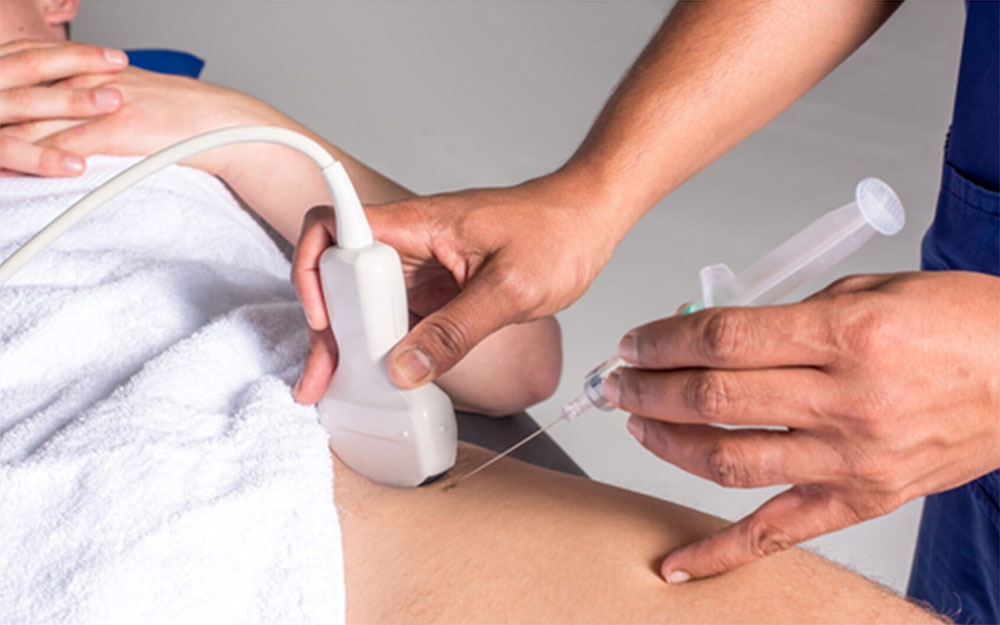Dr Lee Eu Jin
Consultant Orthopaedic Surgeon
Hip & Knee Specialist and Sports Surgeon
Dr Lee Eu Jin is an orthopaedic surgeon in Singapore with a subspecialty focus on hip and knee surgery. He manages a wide range of conditions, from sports-related injuries to degenerative joint diseases.
Dr Lee’s training and practice include:
- Medical degree from the University of London (MBBS)
- Membership of the Royal College of Surgeons of Edinburgh (MRCS)
- Master of Medicine (Orthopaedic Surgery) from the National University of Singapore
- Fellowship of the Royal College of Surgeons (Orthopaedics & Trauma)

He has experience in procedures such as arthroscopic (keyhole) surgery, ligament reconstruction, cartilage repair, and joint replacement for both the hip and knee. Dr Lee works closely with each patient to develop a management plan that is suited to their condition, activity level, and lifestyle needs.





